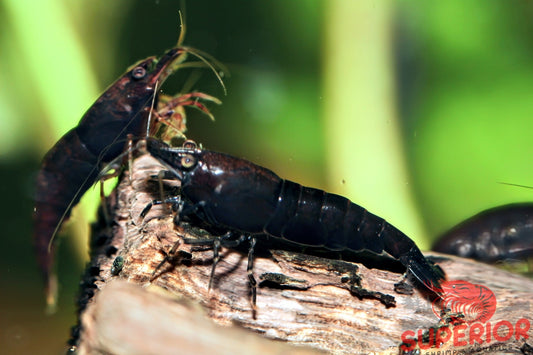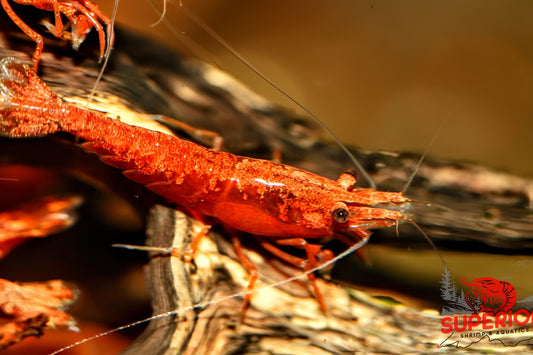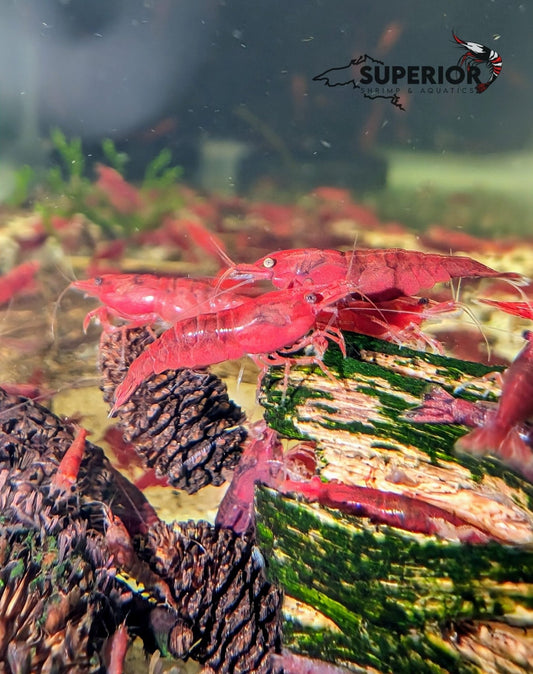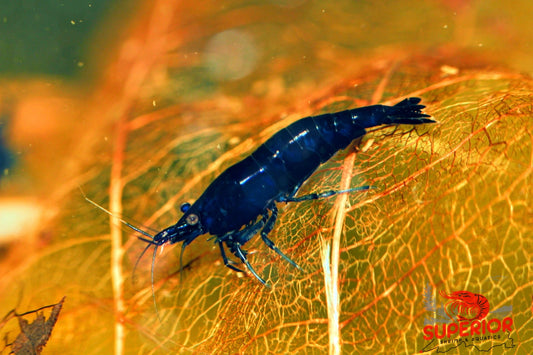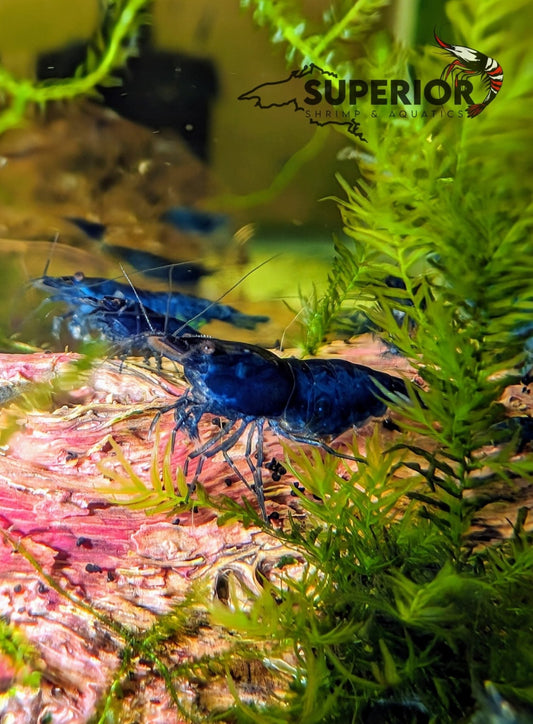Detritus worms, scientifically known as Lumbriculus variegatus, are small segmented worms commonly found in freshwater environments worldwide. These aquatic oligochaetes play a vital role in ecosystem dynamics, particularly in the decomposition process. Measuring approximately 1-2 centimeters in length, detritus worms have a slender, cylindrical body with a distinctively segmented appearance. Their coloration can vary, often ranging from light brown to reddish-brown, blending well with their habitat of decaying organic matter. Detritus worms possess a hydrostatic skeleton, allowing them to move through their environment with remarkable flexibility.
These worms primarily inhabit shallow, stagnant waters such as ponds, marshes, and slow-moving streams, where organic debris accumulates. They are typically found burrowed within the sediment or clinging to submerged vegetation, where they feed on detritus, algae, and microorganisms present in the decomposing organic matter. Detritus worms are filter feeders, utilizing cilia lining their bodies to create water currents that draw in suspended particles for consumption. This feeding behavior not only aids in nutrient cycling but also helps in maintaining water quality by reducing organic waste buildup.
Reproduction in detritus worms is typically asexual, with individuals capable of regenerating from fragments or undergoing spontaneous fission, where a single worm divides into two separate organisms. However, sexual reproduction can also occur, involving the exchange of gametes between individuals. During mating, detritus worms align ventrally and exchange sperm, which is then stored in seminal receptacles until fertilization of eggs occurs internally. Fertilized eggs develop cocoons, which are deposited in the sediment, where they undergo embryonic development before hatching into juvenile worms.
Despite their ecological significance, detritus worms are often overlooked due to their small size and inconspicuous nature. However, they serve as important indicators of ecosystem health, with fluctuations in their populations reflecting changes in environmental conditions. Additionally, detritus worms play a crucial role in nutrient cycling and organic matter decomposition, contributing to the overall balance and functioning of freshwater ecosystems. Understanding their biology and ecological roles is essential for effective management and conservation of aquatic habitats.
Detritus worms play a significant role in aquarium ecosystems, primarily in the breakdown of organic matter and nutrient cycling. In an aquarium setting, these small worms contribute to maintaining water quality and overall ecosystem balance through several mechanisms.
Firstly, detritus worms help in the decomposition of organic waste. In aquariums, uneaten fish food, decaying plant matter, and other organic debris can accumulate over time, leading to water quality issues such as elevated ammonia and nitrite levels. Detritus worms feed on this organic material, breaking it down into smaller particles that can be further processed by beneficial bacteria in the aquarium substrate and filter media. By facilitating the decomposition process, detritus worms help prevent the buildup of organic waste and mitigate the risk of harmful spikes in ammonia and nitrite concentrations.
Additionally, detritus worms contribute to nutrient cycling within the aquarium ecosystem. As they consume organic matter, they release nutrients such as nitrogen and phosphorus back into the water in a form that can be utilized by aquatic plants. These nutrients support plant growth, which, in turn, helps maintain water quality by absorbing excess nutrients and producing oxygen through photosynthesis.
Furthermore, detritus worms serve as a natural food source for many aquarium inhabitants. Fish, shrimp, and other small aquatic organisms may feed on detritus worms, contributing to a balanced diet and promoting natural behaviors within the aquarium community.
While detritus worms can be beneficial in aquariums by aiding in waste decomposition and nutrient cycling, excessive populations may indicate overfeeding or poor aquarium maintenance practices. Therefore, it's essential for aquarium enthusiasts to monitor detritus worm populations and adjust feeding and maintenance routines accordingly to ensure a healthy and balanced aquatic environment. Controlling detritus worm populations in an aquarium can be achieved through several methods, depending on the severity of the infestation and the specific needs of the aquarium inhabitants. Some effective strategies to consider can be found in our planaria guide: https://superiorshrimpaquatics.com/eliminating-planaria-in-your-aquarium-a-comprehensive-guide/
Image Sources:
https://aquariumbreeder.com/detritus-worms-in-freshwater-tank/
https://www.thesprucepets.com/what-are-these-tiny-white-worms-1378753
